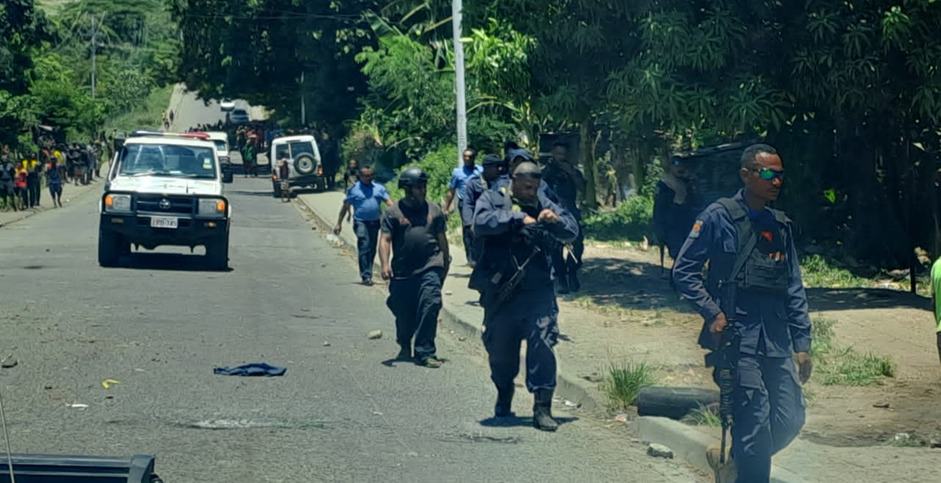Papua New Guinea deputy Prime Minister John Rosso says the Government is looking at re-introducing the Vagrancy Act to curb the rise in crime and lawlessness in urban centres around the country.
Rosso was responding in Parliament to concerns raised by Kairuku MP Peter Isoaimo about a man from his electorate who was stabbed in Port Moresby on Monday.
Isoaimo questioned whether the State had any plans to control urban migration.
“Does the government have a plan to solve mass migration and restrict the movement of people to curb crime?” he said.
Rosso said there were no laws as such, but the Government was looking at ways to re-introduce the Vagrancy Act to restrict people moving to urban centres.
“This year, law and order issues have escalated and we will be trying our best (to address the problem). This will be reflected in the budget,” he added. A 2019 report in The National quoting the Constitutional and Law Reform Commission (CLRC) stated that PNG had a Vagrancy Act of 1977.
But it was declared unconstitutional in 1986 for the breach of certain guaranteed constitutional rights. Rosso suggested a better National Identification (NID) system where all citizens are registered so that even the police can have records of rural to urban migration.
Rosso acknowledged that like in other developing countries, PNG faced major social issues which the government was trying to address.
Rosso supported the suggestions by Isoaimo to have an in-country visa system and provincial border posts adding that the Government would improve the NID system, saying a country “without law and order is nothing”.
National Capital District Governor Powes Parkop in September said City Hall was reviewing the Vagrancy Act in line with the Constitution.
He said that this was because of the increasing crime rate in the city. Prime Minister James Marape, when he took office in 2019, stated that the Government would make improvements to the Vagrancy Act.
